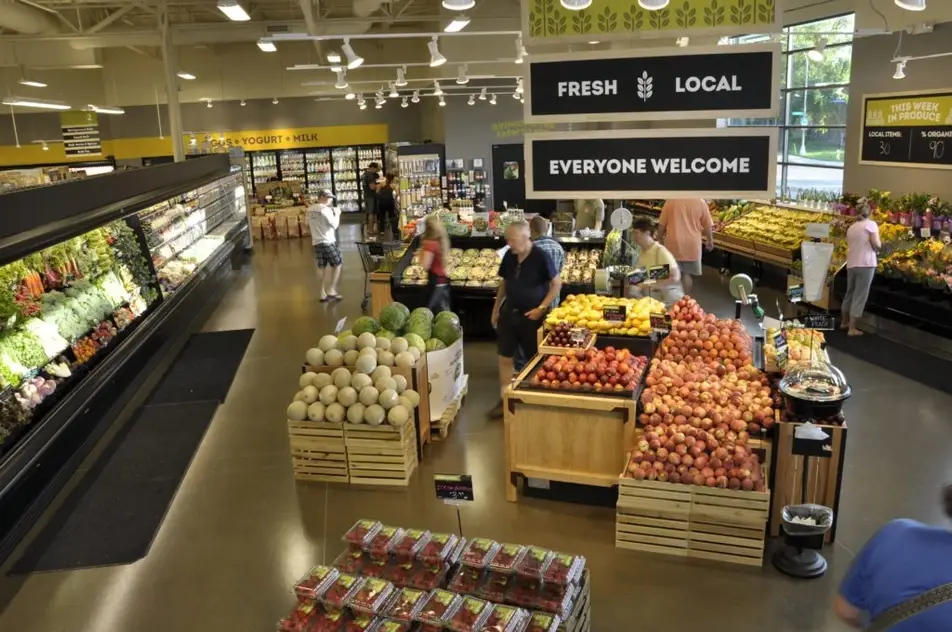How to Set Up a Community Co-Op

A co-operative is a local business run by community members who come together to promote social and economic welfare in their neighborhood by providing goods and services
Why this recipe matters
If you notice the opportunity for a type of business that doesn’t currently exist in your area and would be interested in mission-driven work that creates resources and revenue exclusively for your community, consider forming a co-op!
Ingredients
- An idea for a business
- Interested members
- A feasibility study (PDF)
- Financing for your Co-Op
Recipe
1. Do your research.
Starting a co-op is a lengthy venture that can take months or even years. There’s a lot to plan for – from how you’ll generate interest around your idea, to where the co-op will operate, as well as how you’ll earn a profit. Consider reaching out to co-ops you admire — local or otherwise — for any tips they might have.
2. Establish a steering committee.
Seek out potential members from all different backgrounds, preferably with different types of expertise to strengthen your planning at each stage. Together, you’ll develop the initial idea you have for your co-op.
3. Evaluate what your community needs.
After your group has decided on an initial vision for your co-op, be sure to evaluate whether your business plan is viable by gathering community feedback through a feasibility study.
Step 4. Incorporate your co-op.
Once you’ve integrated this feedback, the steering committee should designate a specific member to draft articles of incorporation and bylaws. Take a look at this page from co-oplaw.org for more information about this process.
5. Incorporate your co-op.
After you’ve fully developed and implemented your business plan, you’re ready to launch!
Nutritional Information
How this recipe has nurtured a community
“Co-ops come in more shapes and sizes than just natural food stores. From banks, dairy farms, child care, and everything in between, cooperatives are an alternative business model to meet the social and economic needs of the communities they serve."

